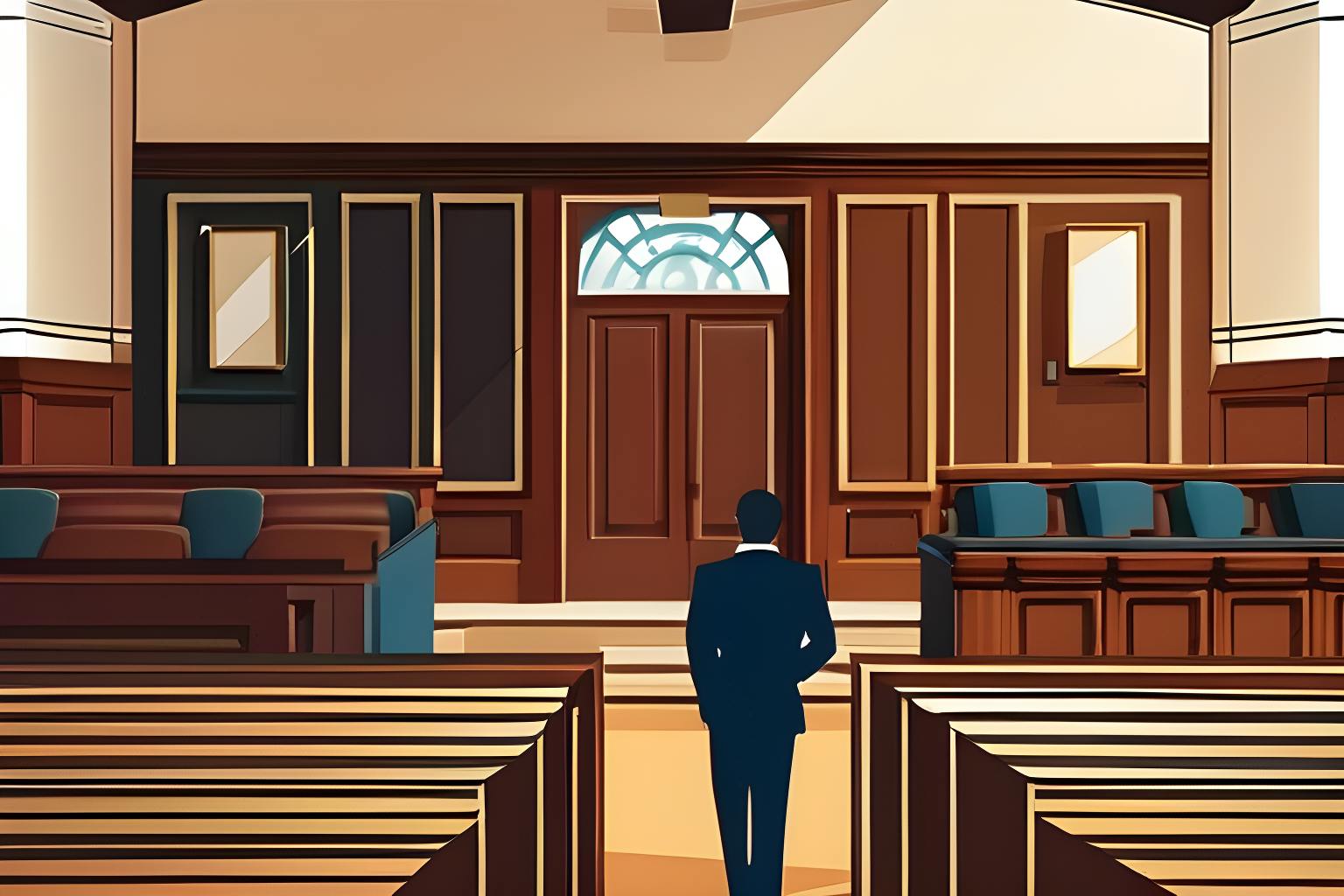Microsoft v. United States (2016) Court Filing, retrieved on July 14, 2016, is part of HackerNoon’s Legal PDF Series. You can jump to any part in this filing here. This part is 19 of 22.
CONCLUSION
We conclude that Congress did not intend the SCA’s warrant provisions to apply extraterritorially. The focus of those provisions is protection of a user’s privacy interests. Accordingly, the SCA does not authorize a U.S. court to issue and enforce an SCA warrant against a United States‐based service provider for the contents of a customer’s electronic communications stored on servers located outside the United States. The SCA warrant in this case may not lawfully be used to compel Microsoft to produce to the government the contents of a customer’s e‐mail account stored exclusively in Ireland. Because Microsoft has otherwise complied with the Warrant, it has no remaining lawful obligation to produce materials to the government.
We therefore REVERSE the District Court’s denial of Microsoft’s motion to quash; we VACATE its order holding Microsoft in civil contempt of court; and we REMAND this cause to the District Court with instructions to quash the warrant insofar as it demands user content stored outside of the United States.
GERARD E. LYNCH, Circuit Judge, concurring in the judgment:
I am in general agreement with the Court’s conclusion that, in light of the presumption against extraterritorial application of congressional enactments, the Stored Communications Act (“SCA” or the “Act”) should not, on the record made by the government below, be construed to require Microsoft to turn over records of the content of emails stored on servers in Ireland. I write separately to clarify what, in my view, is at stake and not at stake in this case; to explain why I believe that the government’s arguments are stronger than the Court’s opinion acknowledges; and to emphasize the need for congressional action to revise a badly outdated statute.
Continue Reading Here.
About HackerNoon Legal PDF Series: We bring you the most important technical and insightful public domain court case filings.
This court case No. 15–777 retrieved on September 27, 2023, from cases.justia.com is part of the public domain. The court-created documents are works of the federal government, and under copyright law, are automatically placed in the public domain and may be shared without legal restriction.

